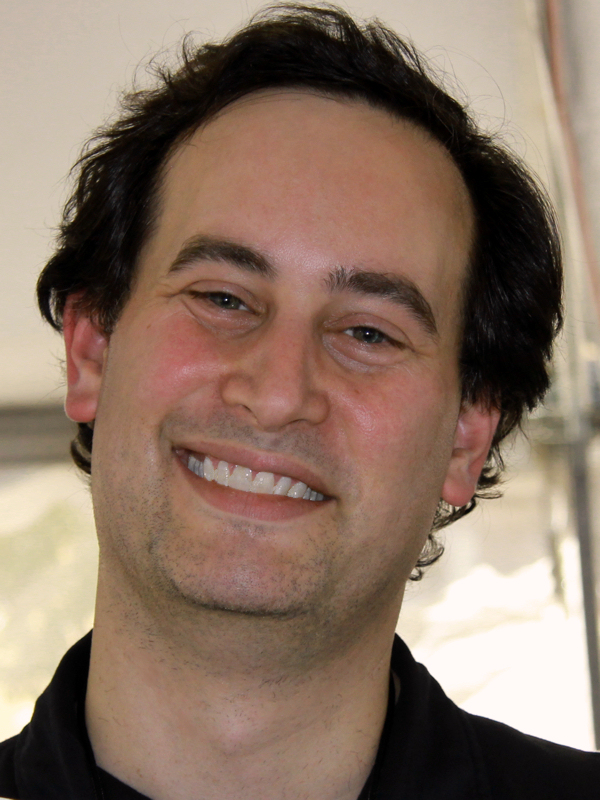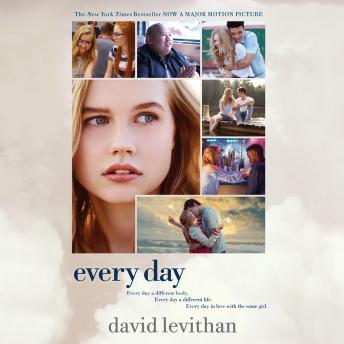
In 2016, Levithan received the Margaret A. Levithan also received the Stonewall Award for his collaboration with John Green, Will Grayson, Will Grayson. He was a finalist for the award three additional times. Levithan received the Lambda Literary Award for Children’s/Young Adult Literature three times, for Two Boys Kissing in 2013, The Full Spectrum in 2006, and Boy Meets Boy in 2003. A gay man himself, Levithan wrote his first book, Boy Meets Boy, with the goal of writing the book he “dreamed of getting as an editor-a book about gay teens that doesn’t conform to the old norms about gay teens in literature.” Since then, Levithan has consistently and unapologetically prioritized LGBTQ narratives in his work, writing about characters of all sexualities and gender identities.

Over the course of his career, Levithan has worked tirelessly to add LGBTQ stories to the genre of YA literature. On his website, Levithan writes that PUSH is “devoted to finding new voices and new authors in teen literature.” Levithan is also the co-editor of several anthologies, including The Full Spectrum: A New Generation of Writing About Gay, Lesbian, Bisexual, Transgender, Questioning, and Other Identities, which includes true stories from LGBTQ writers under the age of 23. Several of Levithan’s novels have been adapted for TV and film.īeyond writing, Levithan is a publisher and editorial director at Scholastic, as well as the founder and editor of the PUSH imprint. Levithan is also a frequent collaborator of other popular YA novelists, writing Will Grayson, Will Graysonwith John Green, as well as Nick and Norah’s Infinite Playlist and Naomi and Ely’s No Kiss List with Rachel Cohn. For a list of the basic definitions for the terms included in LGBTQIA, check out some comprehensive blog entries and support websites: here and here.David Levithan is the acclaimed author of several popular Young Adult novels, including Every Day, Two Boys Kissing, and Boy Meets Boy. It is a constantly shifting spectrum of identity that grows more comprehensive, as more is learned about human self-identification. For example non-binary gender, gender fluidity, gender androgyny, and agender are specific gender identities that are included under the transgender umbrella aromantacism and demisexuality are included under the asexuality umbrella.

Some of these terms are umbrella terms that encompass a larger range of more specific identities. As of now, the initialism has expanded to include Lesbian, Gay, Bisexual, Transgender, Queer/Questioning, Intersex, and Asexual.


As more studies into gender identity and sexual orientation are expanded and undertaken, the definitions are likely to keep adapting to fit new information. Since the start of the equal rights movement, the acronym and identifiers have changed and expanded to encompass a broader range of identities.


 0 kommentar(er)
0 kommentar(er)
